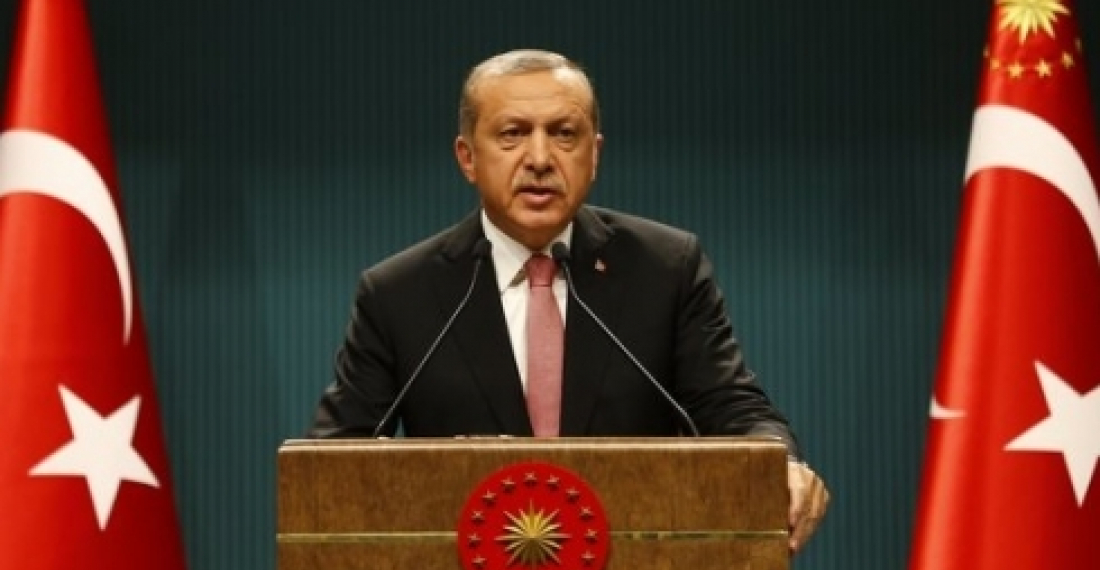In the aftermath of the failed coup attempt that has shaken Turkish society, the President of Turkey, Recip Tayip Erdogan has announced a state of emergency. The announcement came after a meeting of the country's National Security Council, which was immediately followed by a meeting of the Turkish Cabinet on Wednesday.
The State of Emeregency was declared according to article 120 of the Turkish Constitution which states that in the event of serious indications of widespread acts of violence aimed at the destruction of the free democratic order, a state of emergency may be declared in one or more regions or throughout the country for a period not to exceed six months. The state of emergency allows the president and cabinet to bypass parliament in passing new laws and to limit rights and freedoms as they deem necessary.
"The purpose of the state of emergency is to most effectively and swiftly take steps necessary to eliminate the threat to democracy in our country, the rule of law, and the rights and freedom of our citizens," Erdogan said in a televised broadcast.
source: commonspace.eu
photo: President Erdogan of Turkey announcing a state of emeregency on television on 20 July 2016







